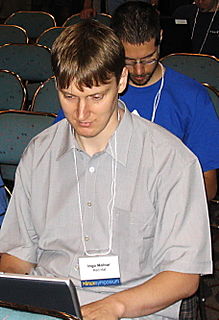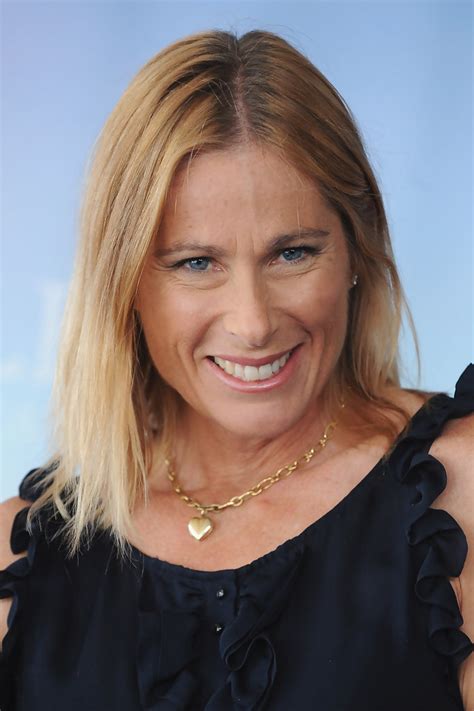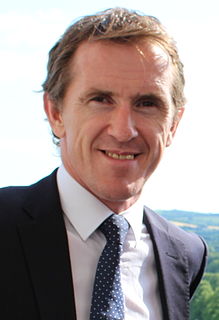A Quote by Laura Moser
As more and more minority groups fill our nation's classrooms, what can we do to even the separate-but-forever-unequal playing field? Now that's a question many very smart people have spent decades trying to answer.
Related Quotes
There's no question that to some extent there are structural disadvantages built in, not just for women but for other minority groups who don't hold power at the executive level either at the company or in the industry. My position is not just "Oh, okay, anyone can overcome those." It's just as we work to get more women and people in minority groups at higher levels in positions of power, what are our options?
Africa needs help, no question about that but I'd rather prefer that the money is channeled. That's what I call smart aid; it's channeled through African civil society groups. These are the groups which can be held more accountable. These are the groups which will sort of monitor how the aid money is spent.
Papers should include more side remarks, open questions, and such. Very often, these are more interesting than the theorems actually proved. Alas, most people are afraid to admit that they don't know the answer to some question, and as a consequence they refrain from mentioning the question, even if it is a very natural one. What a pity! As for myself, I enjoy saying 'I do not know'.
The more you lecture those running the companies on how they need to give more breaks to women or other minority groups and be more open-minded to their work products and perhaps question themselves on a double standard, the more some of those people shut down to your messaging. I'm not saying it's right; I'm just saying you can very easily get labeled as someone who sees everything through a prism of race or gender or what have you. So we have to walk a fine line. It's sad but it's the truth.
When we were young, there weren't very many smart people in the investment world. You should have seen the people in the bank trust departments. Now, there are armies of smart people at private investment funds, etc . If there were a crisis now, there would be a lot more people with a lot of money ready to take advantage.
I think morality is more important than ever before. As we gain more power, the question of what we do with it becomes more and more crucial, and we are very close to really having divine powers of creation and destruction. The future of the entire ecological system and the future of the whole of life is really now in our hands. And what to do with it is an ethical question and also a scientific question.
In the Marquette Lecture volume, I focus on the question in the title. I emphasize the social and political costs of being a Christian in the earliest centuries, and contend that many attempts to answer the question are banal. I don't attempt a full answer myself, but urge that scholars should take the question more seriously.
... our purpose in founding our state was not to promote the happiness of a single class, but, so far as possible, of the whole community. Our idea was that we were most likely to justice in such a community, and so be able to decide the question we are trying to answer. We are therefore at the moment trying to construct what we think is a happy community by securing the happiness not of a select minority, but of a whole.
By the nature of the sport and the danger we face daily, we are very close knit. Some of us have spent most of our lives together. To give you an example, having spent two decades sitting next to Richard Johnson and seeing him virtually every day, I have probably spent more time with him than I have my family, and he the same.


































